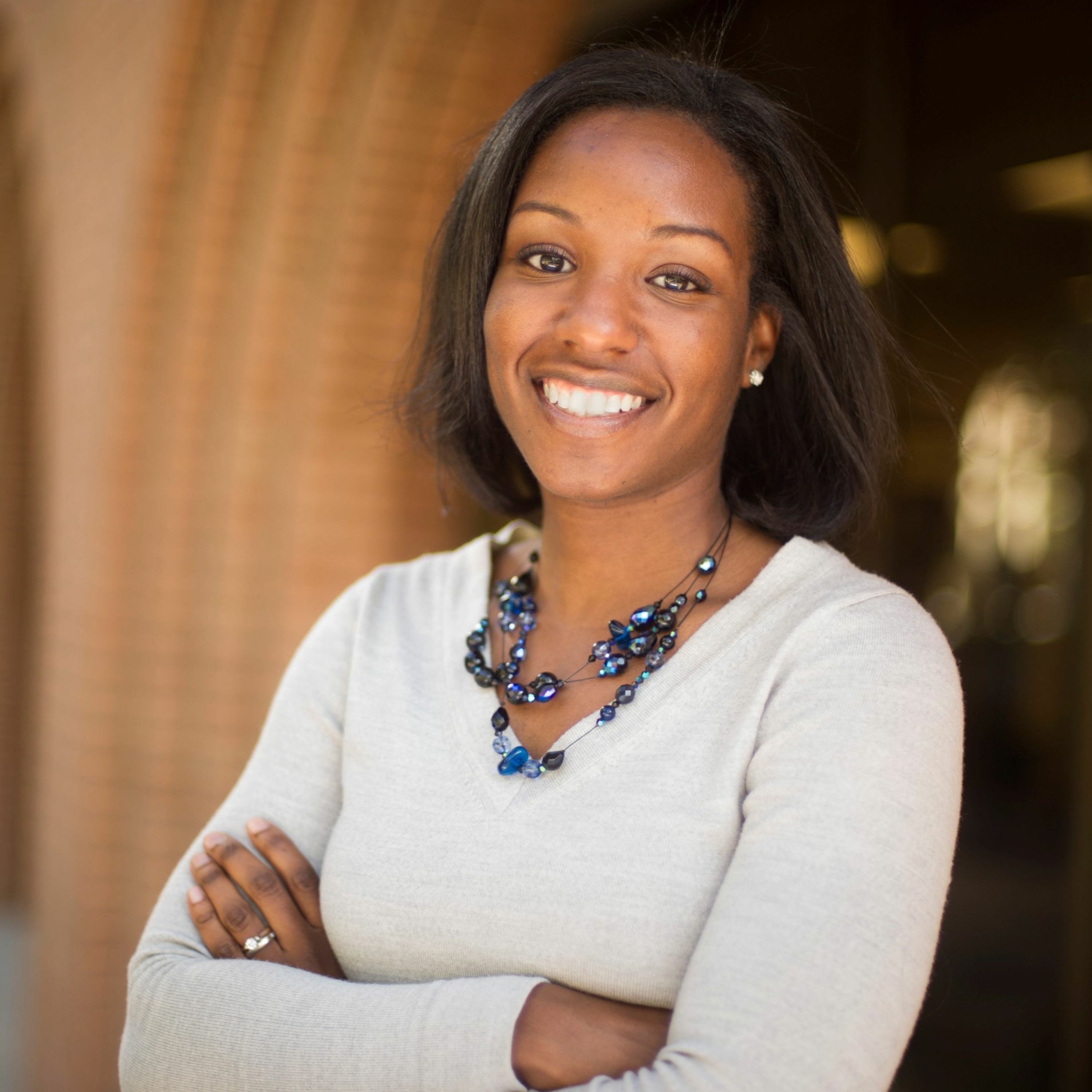Creating a mathematical representation of whats happening in cancer

Dr. Stacey Finley develops mathematical models to better understand cancer, tumor growth, and the effectiveness of different therapies.\n\nHer team creates a mathematical representation of what\u2019s happening in biology, so they can understand how reactions are happening in cells, how cells are interacting with one other, and how that influences the growth of a tumor. \n\nThey can use that data to create simulations and make predictions about what could happen, all with the goal of finding more effective treatments for cancer patients.\n\nUsing mathematical modeling, \u201cwe can try as many ideas as we can think of, in a shorter amount of time, with fewer resources, and with fewer dollars to spend, compared to doing experimental studies.\u201d \n\nDr. Finley provides the best explanation of mathematical modeling you\u2019re likely to hear. But she also spoke at length about her approach to scientific mentoring and had wonderful advice for other young women of color who are aspiring scientists.\n\nStacey Finley, PhD, is Associate Professor of Biomedical Engineering and the Gordon S. Marshall Early Career Chair at the University of Southern California.\n\n3:51 \u2013 On systems biology and why it\u2019s important to understand networks of reactions happening inside of cells instead of looking at one reaction at a time\n\n5:38 \u2013 Why the immune system is a nice platform for looking at system-level behavior\n\n8:22 \u2013 Mathematical modeling? What is that?\n\n11:00 \u2013 Some great examples of how mathematical models are helpful to understanding cancer\n\n15:20 \u2013 The process: use experimental data and clinical data to build a reliable mathematical model to make useful predictions; do simulations; make predictions; work with collaborators to test and validate the predictions; impact patient care\n\n19:03 \u2013 An aspect of her research she\u2019s particularly excited about\n\n26:23 \u2013 Her approach to scientific mentoring and lessons she\u2019s learned along the way\n\n31:18 \u2013 Advice for aspiring mathematicians, scientists, and engineers who are young women of color\n\n35:05 \u2013 Ways that she thinks funding agencies could make careers in cancer research more inclusive\n\n40:01 \u2013 How ACS funding has impacted her research and career\n\n45:04 \u2013 A message she\u2019d like to share with people whose lives have been impacted by cancer